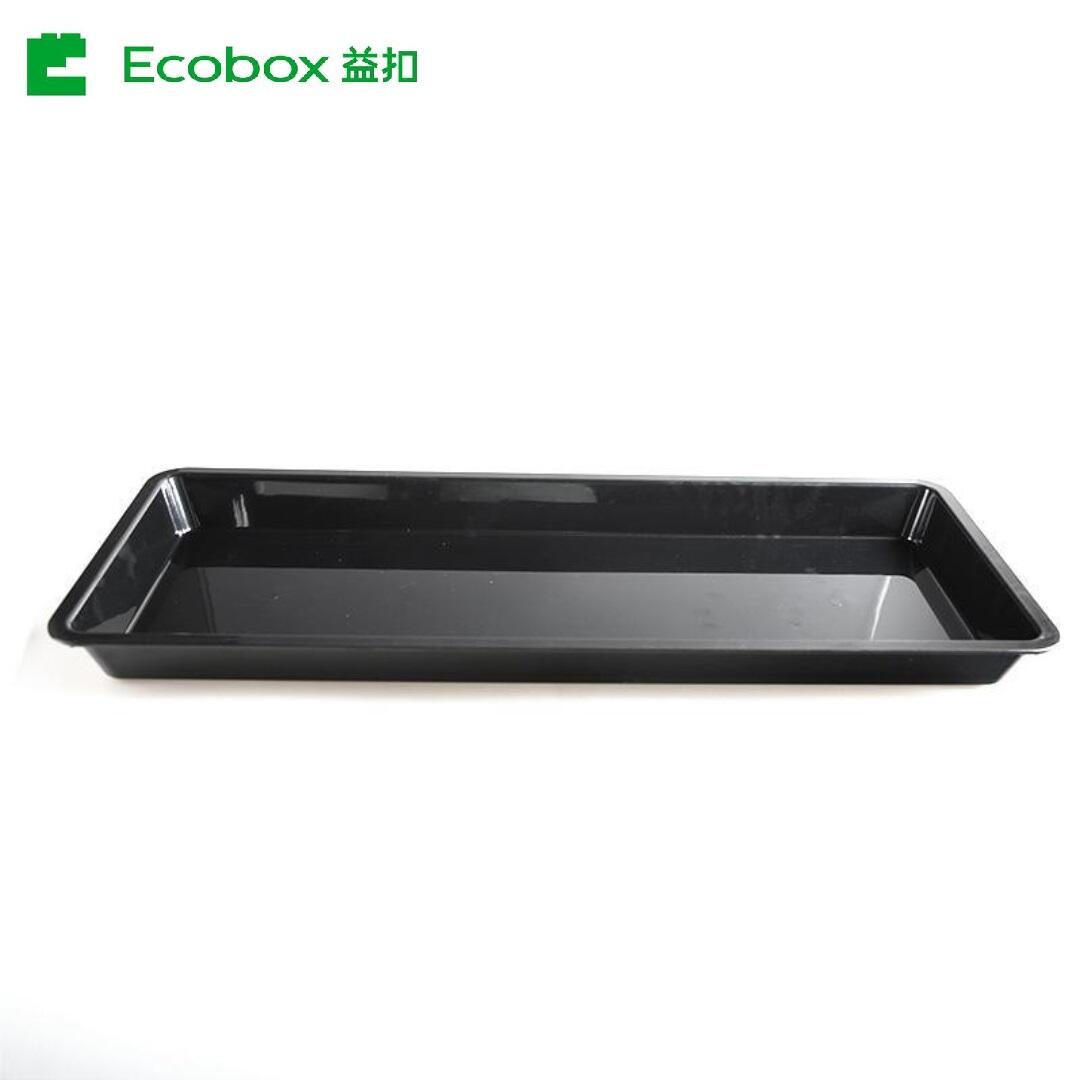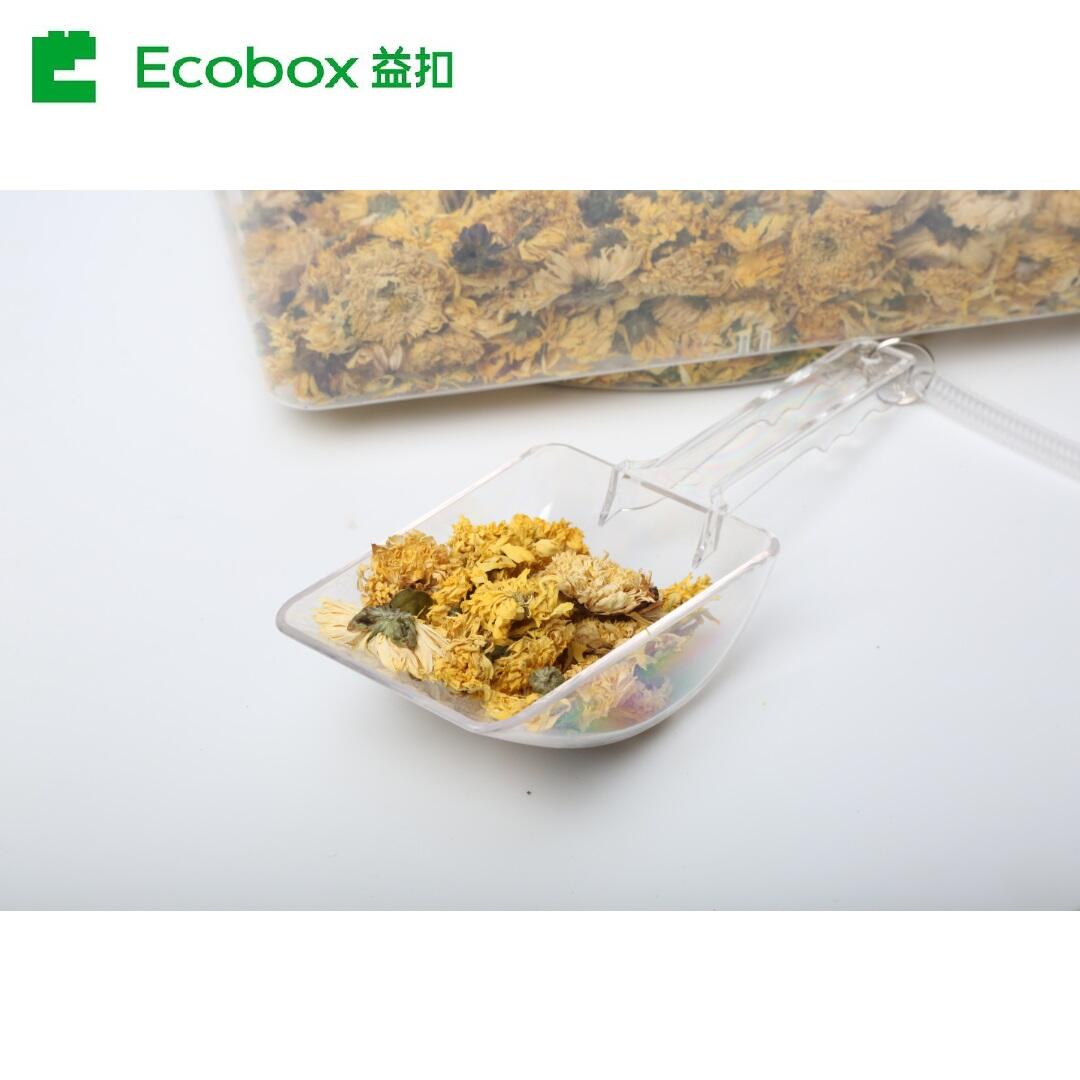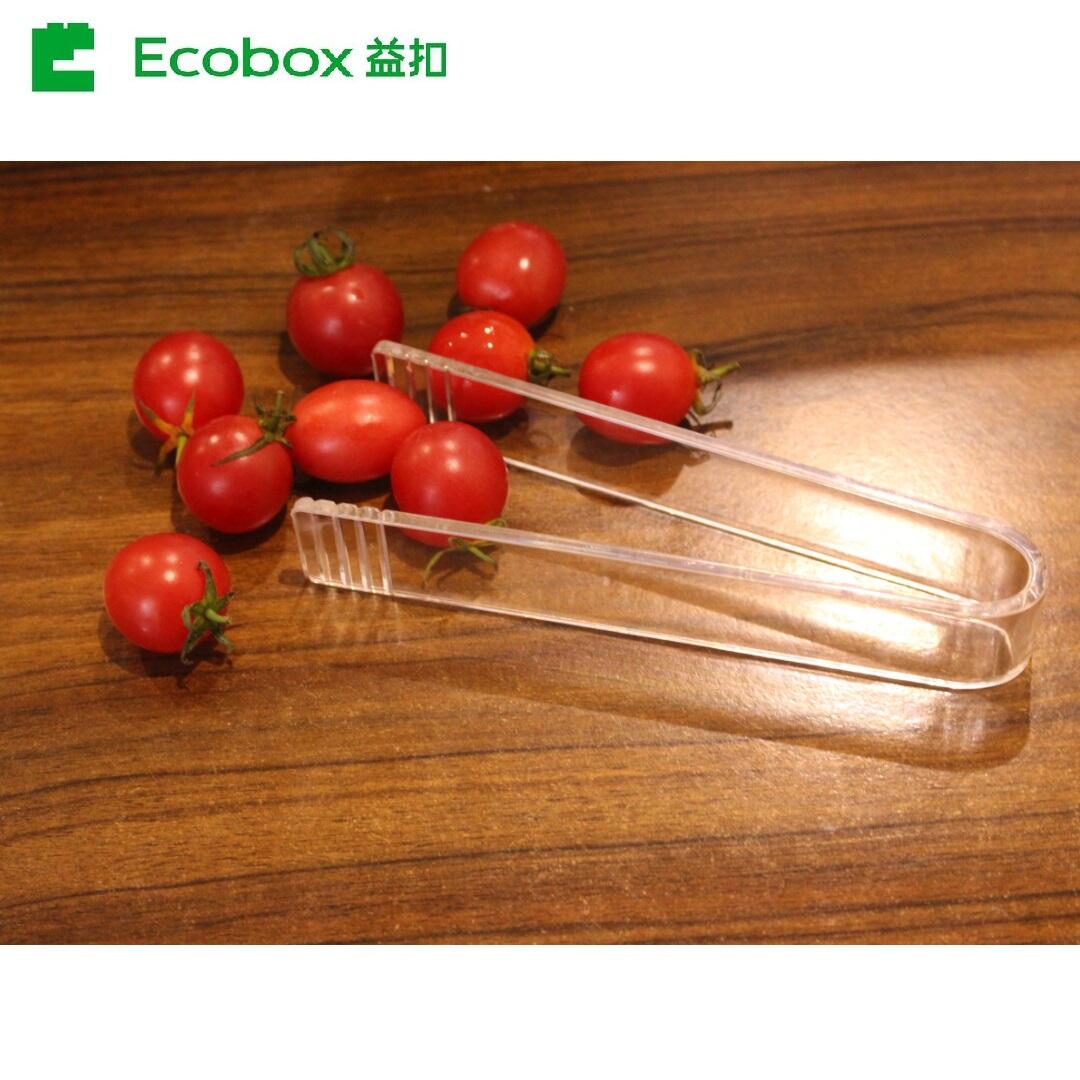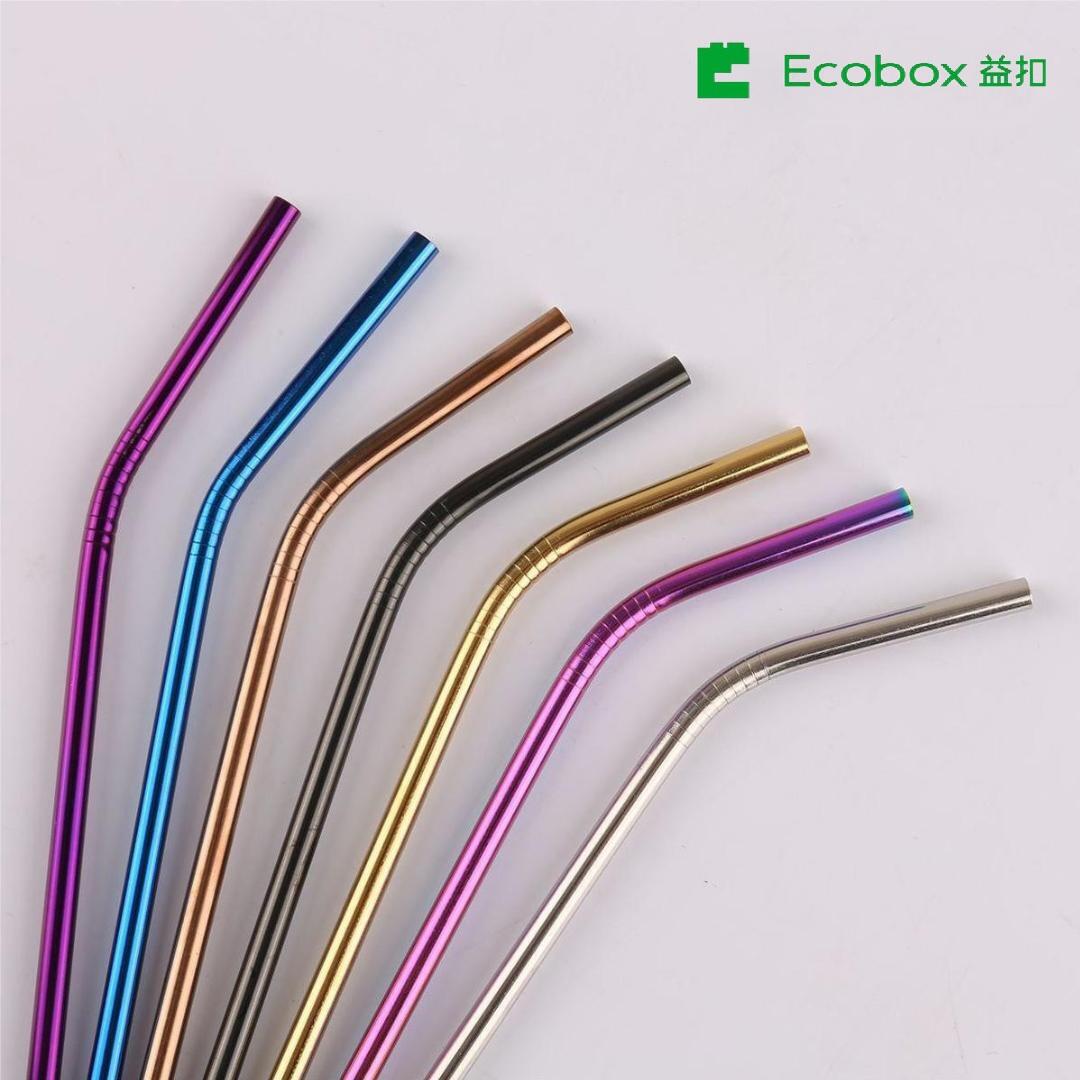The Growing Demand for Sustainable Options
More people are thinking about sustainability when they shop these days. According to some recent research (Nielsen did a study too), around two thirds of shoppers worldwide actually want to spend extra money on stuff made by companies that care about the environment. This shows how shopping habits have changed quite a bit lately, mostly because folks know more now about problems like climate change and all the plastic waste floating around. Businesses can't ignore this anymore either. They're starting to offer greener choices across many industries. Younger generations especially drive this movement forward. Gen Z and Millennials tend to check product labels first before buying anything, looking for those eco certifications or recycled materials. Companies that get this right see better customer retention rates and generally build stronger relationships with these younger demographics who value sustainability above traditional marketing tactics.
Environmental Soap Packaging Trends in Personal Care
The personal care sector is moving fast toward greener soap packaging solutions these days. Many brands are experimenting with biodegradable stuff and going for simpler packaging designs because people who care about the environment want products that match their values. We're seeing all sorts of innovations in how soaps get packaged these days. Some companies use recycled paper containers, others go for glass jars, while some try out plant based materials as alternatives to plastic. The goal? Get rid of plastic dependency wherever possible. Companies that really weave sustainability into what they stand for tend to connect better with customers. When businesses emphasize being eco friendly throughout everything they do, consumers notice and start trusting them more. This approach helps boost sales and market presence while actually making a difference for our planet.
Transparency as a Key Factor in Product Selection
Transparency is becoming really important when people choose products these days. Consumers want to see what goes into their stuff and where it comes from, including both ingredients and packaging materials. According to some research from Label Insight, around 73 percent of shoppers would actually pay extra for products that tell them everything about themselves. This growing interest forces companies to put better labels on their products and share details about where they source materials. When businesses become more open about their processes, they earn customer trust. More and more brands are starting to go green just to appeal to those environmentally aware buyers. These changes match what customers want and are slowly making sustainability standard practice throughout different sectors of the market.
Increased Sales through Brand Differentiation
Green packaging really sets brands apart when markets get crowded, which usually means better sales numbers. People love seeing creative designs made from recycled or biodegradable stuff because it feels fresh compared to what everyone else is doing. Take Patagonia as one real world example they switched to compostable bags back in 2018 and saw their sales jump pretty dramatically. The thing is, sustainability lets companies charge extra money too since plenty of shoppers will actually pay more for items wrapped in eco friendly materials instead of regular plastic. At the end of the day, going green on packaging does double duty helping products stand out while also bringing in more cash from those conscious consumers who care about where their purchases come from.
Loyalty Boost from Eco-Conscious Demographics
People who care about the environment generally stick with brands that share their beliefs, which builds solid connections between them and keeps those customers coming back again and again. Studies back this up pretty strongly actually, around 89% of shoppers will stay loyal to companies committed to green initiatives. The extra loyalty translates into real buzz for brands too, bringing in new customers while making the company look better overall. Companies that focus on going green and tell people what they're doing about it find themselves attracting all sorts of environmentally aware buyers. These folks aren't just buying products though, they become advocates for brands whose actions match what they stand for personally.
Cost Efficiency through Material Optimization
Companies that invest in green packaging solutions tend to save money over time mainly because they use fewer resources and generate less waste during manufacturing. A lot of businesses have found that moving away from traditional heavy materials toward lighter alternatives actually cuts down on both what they spend on packaging itself and how much it costs to ship goods since everything weighs less now. There's another angle too - governments around the world offer various financial benefits for companies going green including tax breaks and grants which directly reduce operating expenses. When firms incorporate sustainability into their daily operations, they cut costs while building a reputation as environmentally conscious organizations. Customers notice this commitment to planet friendly practices and often respond positively to brands that walk the talk when it comes to reducing environmental impact.
ECOBOX: Leading the Charge in Sustainable Packaging Solutions
ECOBOX MT-01 Meat Display Trays: Reusable PET Containers
The ECOBOX MT-01 meat display trays are helping businesses move away from disposable plastic packaging. These trays tackle the problem of plastic waste while attracting customers who care about sustainability. Made from PET material, they keep meat fresh longer and can actually be recycled multiple times. The durability means they last through many cycles before needing replacement. We're seeing more retailers adopt these trays as shoppers start to favor brands that take environmental responsibility seriously. For grocery stores especially, switching to reusable packaging like this isn't just good for the planet, it builds customer relationships too.
ECOBOX FZ-26 Plastic Scoops: PC-Made Portion Tools
The ECOBOX FZ-26 plastic scoops offer something different from regular scoops because they're made from polycarbonate material which makes them much more durable than traditional ones. Industries are starting to move away from single use plastic scoops thanks to this kind of innovation, as companies look for ways to cut down on waste while still getting good performance from their equipment. Food service businesses especially benefit from these eco friendly tools since they can be used repeatedly without breaking down, making kitchen operations both greener and more cost effective in the long run. We're seeing more manufacturers adopt similar approaches across various sectors, showing how environmental concerns are becoming part of standard business thinking rather than just an optional extra.
ECOBOX FZ-24 Clips: Transparent PC Fasteners
What makes the ECOBOX FZ-24 Clips really special is their clear polycarbonate construction, which marks them as something different in the world of green packaging options. These clips do double duty by letting customers see what's inside the package clearly something that grabs attention on store shelves while still being good for the environment because they last a long time and can go into recycling streams after use. Businesses find these clips particularly useful since they hold items together firmly without coming loose during transport or display. For companies trying to cut down on waste and move toward greener operations, switching to these clips represents a small but meaningful step forward in reducing overall environmental impact over time.
ECOBOX 304 Stainless Steel Tumbler: Circular Economy Champion
The ECOBOX 304 Stainless Steel Tumbler stands out as a real example of what sustainable innovation looks like in today's packaging world. Built to last and made using environmentally friendly methods, this tumbler supports the circular economy through its reusability factor. When companies focus on creating long lasting, high quality items, they naturally reduce waste while attracting customers who want their green purchases to actually stand the test of time. These kinds of products help build stronger relationships between brands and their customers, making people feel good about supporting companies that genuinely care about sustainability instead of just talking about it.
Overcoming Barriers to Sustainable Packaging Adoption
Balancing Cost Concerns with Environmental Impact
Money concerns tend to get in the way when it comes to adopting sustainable packaging solutions. Many businesses find themselves stuck between upfront costs and potential future savings. The problem remains even though there's plenty of data showing companies that switch to greener packaging options actually end up making money back over time. A recent industry study found that businesses using eco friendly materials saw their operations run smoother while also catching onto what customers want nowadays. People care more about sustainability than ever before, so this shift helps grab market share and build brand loyalty too. Getting across the financial advantages of going green is key to winning over skeptics within organizations. When decision makers see real world cases where other companies made the switch and actually improved their bottom line, they start to come around to supporting sustainable packaging efforts.
Combating Greenwashing Through Certification
When companies lie about how green their products really are, it basically ruins real sustainability work and tricks people into thinking something is eco-friendly when it's not. That's where certifications and those little eco-labels come in handy they help separate the truly green stuff from all the fake claims. These labels give shoppers actual information so they know what they're buying instead of just trusting marketing hype. Businesses that get proper certifications do more than just look good they actually show they care about being sustainable in real ways. The transparency this brings improves how customers see the brand overall, which matters a lot these days since more and more people want to support companies that walk the talk when it comes to protecting the environment.
Table of Contents
- The Growing Demand for Sustainable Options
- Environmental Soap Packaging Trends in Personal Care
- Transparency as a Key Factor in Product Selection
- Increased Sales through Brand Differentiation
- Loyalty Boost from Eco-Conscious Demographics
- Cost Efficiency through Material Optimization
- ECOBOX: Leading the Charge in Sustainable Packaging Solutions
- Overcoming Barriers to Sustainable Packaging Adoption









